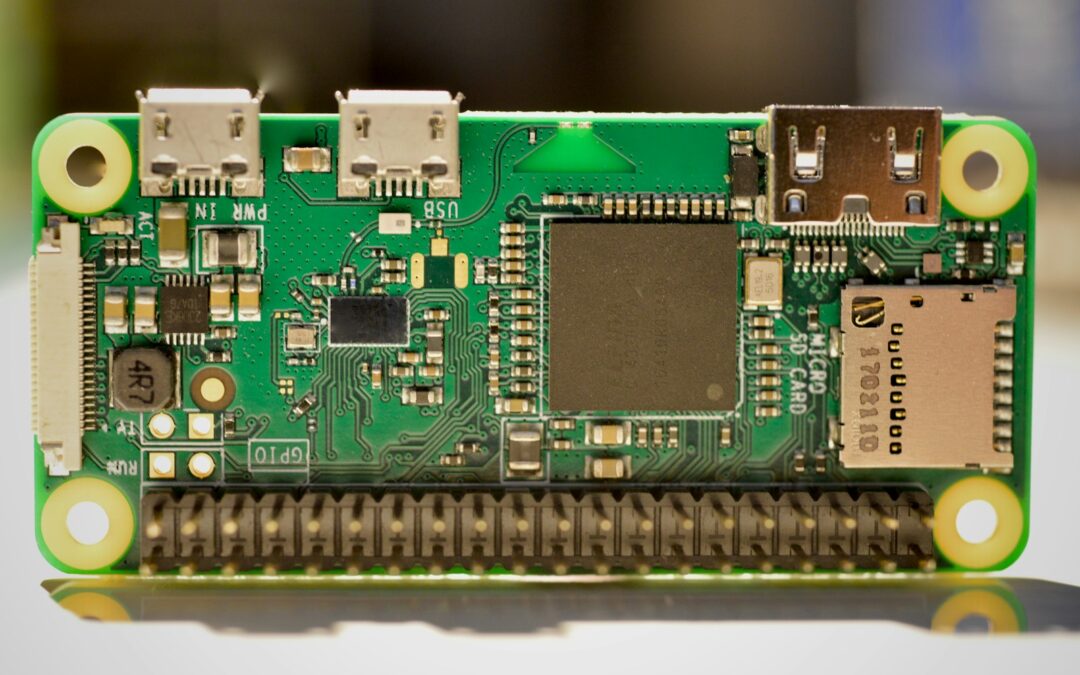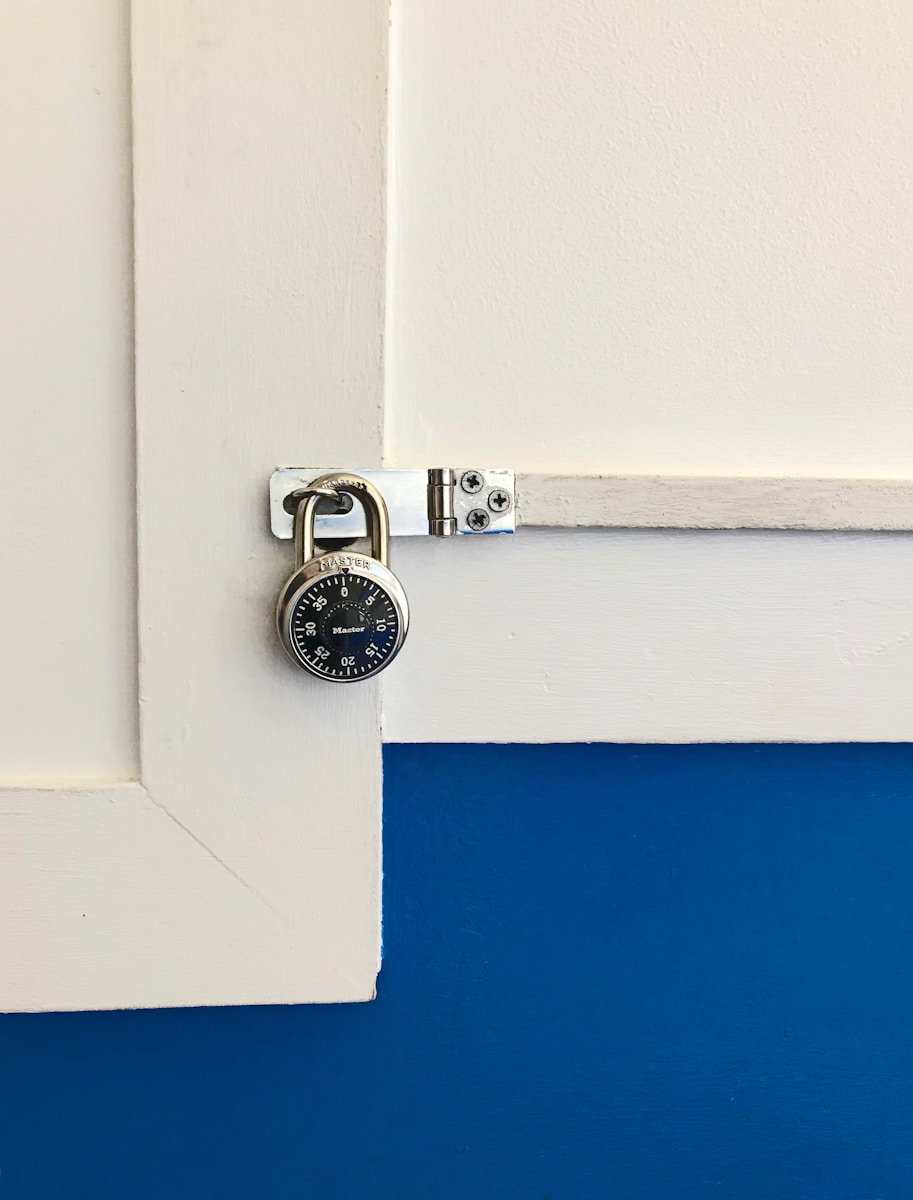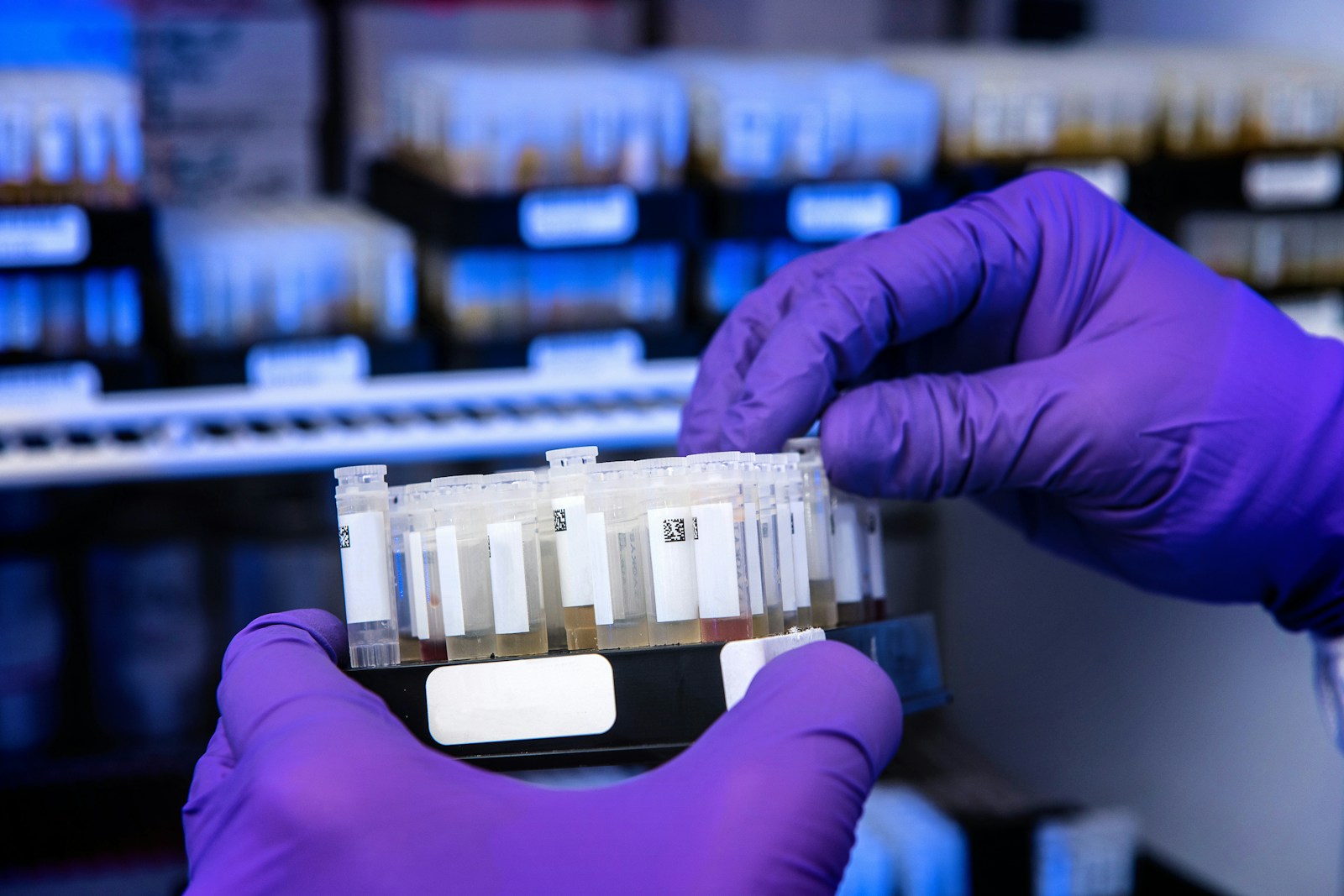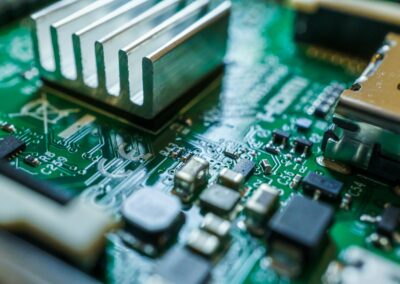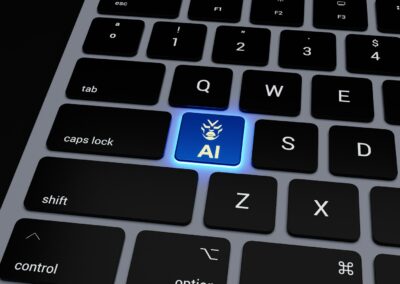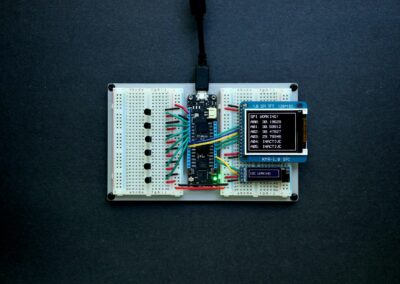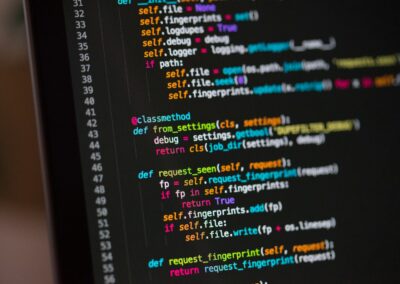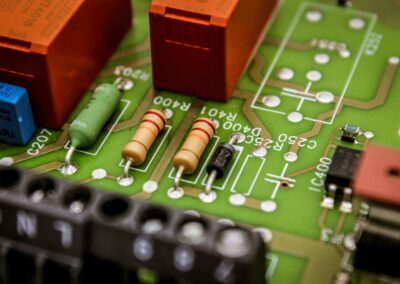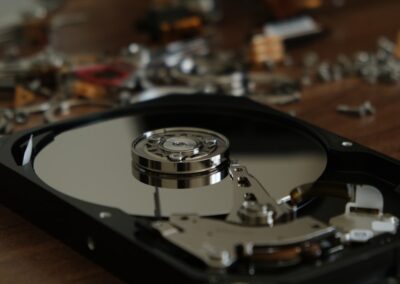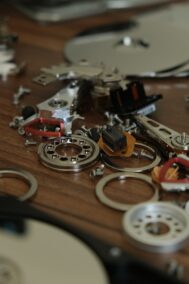Understanding the Importance of Interoperability
Interoperability in IoT Integration: Bridging the Gap with Legacy Systems
Interoperability in IoT integration is a vital aspect that determines the success of integrating modern IoT solutions with existing legacy systems. In the dynamic landscapes of Saudi Arabia and the UAE, cities like Riyadh and Dubai are at the forefront of adopting advanced technologies to enhance operational efficiency and innovation. However, the challenge lies in seamlessly integrating these new IoT systems with legacy infrastructure that may still be in use.
In Saudi Arabia, for instance, many industrial sectors rely on established legacy systems for their operations. These systems, although robust, often lack the flexibility and connectivity features of modern IoT solutions. Interoperability enables these old and new systems to communicate effectively, ensuring that data flows seamlessly between them. This integration allows businesses to leverage the advanced capabilities of IoT without completely overhauling their existing infrastructure.
Dubai’s smart city initiatives highlight the importance of interoperability in IoT integration. The city’s ambitious projects involve integrating various systems, from traffic management to public safety, which rely on both modern IoT devices and legacy systems. Through interoperability, data from different sources can be unified and analyzed in real-time, providing a comprehensive view that enhances decision-making and operational efficiency. This capability ensures that Dubai remains at the cutting edge of smart city innovation while maintaining the reliability of its established systems.
Enhancing Business Operations with Seamless Integration
The role of interoperability in IoT integration extends to significantly enhancing business operations. For mid-level managers and business executives, the seamless integration of IoT with legacy systems translates to improved operational efficiency, cost savings, and enhanced decision-making. By enabling diverse systems to work together, businesses can gain deeper insights into their operations, optimize processes, and respond more quickly to changes.
In Riyadh, manufacturing companies are leveraging interoperability to integrate IoT sensors with existing production systems. This integration allows for real-time monitoring of equipment performance and production processes, facilitating predictive maintenance and reducing downtime. By connecting IoT devices with legacy systems, manufacturers can ensure continuity and efficiency, driving productivity and competitiveness in the market.
Similarly, in the UAE’s logistics sector, interoperability is critical for integrating IoT tracking solutions with traditional supply chain management systems. This integration provides real-time visibility into the movement and condition of goods, enabling better inventory management and more accurate delivery schedules. The ability to seamlessly connect IoT data with legacy systems ensures that logistics companies can meet the growing demands of e-commerce and global trade efficiently.
Strategies for Achieving Effective IoT and Legacy System Integration
Implementing Interoperability Solutions for Business Success
To achieve effective interoperability in IoT integration, businesses must implement strategic solutions that address the technical and operational challenges involved. This includes adopting standardized communication protocols, investing in middleware platforms, and ensuring robust data security measures. By focusing on these areas, businesses in Saudi Arabia and the UAE can create a seamless and secure integration of IoT with legacy systems.
In Riyadh, businesses are adopting middleware platforms that act as intermediaries between IoT devices and legacy systems. These platforms translate data from various IoT devices into formats that legacy systems can understand, ensuring smooth data exchange and communication. This approach simplifies the integration process and minimizes disruptions, allowing businesses to harness the full potential of IoT technologies.
Dubai’s smart city projects also benefit from adopting standardized communication protocols, such as MQTT and CoAP, which facilitate interoperability between IoT devices and legacy systems. These protocols ensure that data can be transmitted and received consistently across different platforms, enabling real-time data analysis and decision-making. By standardizing communication methods, Dubai can ensure the reliability and efficiency of its integrated smart city infrastructure.
Future Trends in IoT and Legacy System Integration
As technology continues to evolve, future trends in interoperability in IoT integration will focus on enhancing connectivity, scalability, and security. Emerging technologies such as blockchain and artificial intelligence (AI) are expected to play a significant role in improving interoperability. Blockchain can provide secure and transparent data exchange between IoT devices and legacy systems, while AI can enhance data analysis and automation, driving further efficiencies.
In Saudi Arabia, the adoption of blockchain technology in IoT integration is gaining traction. Blockchain’s decentralized and immutable nature ensures secure data transactions, which is crucial for industries such as finance and healthcare. By integrating blockchain with IoT, businesses can enhance data security and trust, facilitating smoother interoperability with legacy systems.
Dubai’s focus on innovation and technology adoption is reflected in its exploration of AI-driven interoperability solutions. AI can automate the process of data translation and integration, reducing the complexity and time required for IoT and legacy system integration. This advancement will enable Dubai to further optimize its smart city operations, enhancing services and improving the quality of life for its residents.
Conclusion: Embracing Interoperability for Future-Ready IoT Integration
In conclusion, interoperability in IoT integration is crucial for the successful implementation of connected systems in Saudi Arabia, the UAE, Riyadh, and Dubai. By bridging the gap between modern IoT solutions and legacy systems, interoperability ensures seamless data exchange, enhances operational efficiency, and drives business success. As technology continues to advance, embracing interoperability will be essential for businesses and cities to remain competitive and innovative. Through strategic implementation and the adoption of emerging technologies, the full potential of IoT can be realized, paving the way for a smarter, more connected future.
—
#Interoperability, #IoTIntegration, #LegacySystems, #ConnectedSystems, #SaudiArabia, #UAE, #Riyadh, #Dubai, #ArtificialIntelligence, #Blockchain, #ModernTechnology, #BusinessSuccess, #LeadershipSkills, #ProjectManagement

